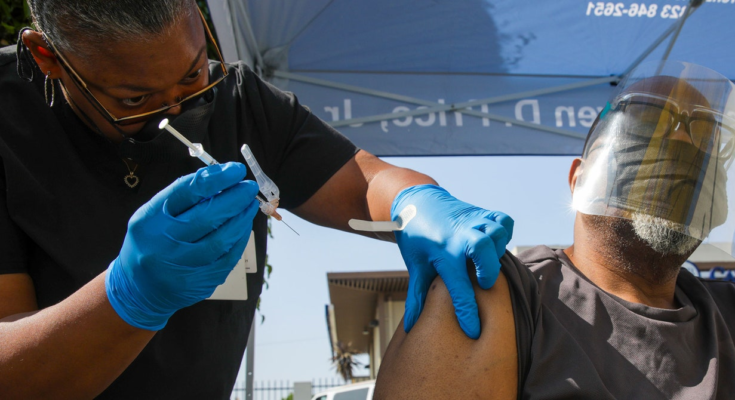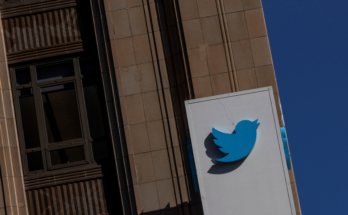It didn’t need to be this way. This spring, as people lined up for newly available, miraculously effective Covid-19 vaccines, it was easy to imagine a direct and speedy path to a protected society. The curve of administered doses appeared limited only by the supply, and the curve was looking good—perfectly calibrated for things to be normal (at least by some definition of the word) by the end of summer, just in time for schools and workplaces to reopen. So long as the vaccination rate kept pace.
Which, of course, it didn’t. Much too soon, the curve reached its inflection point, shifted from the upswing, and flattened itself out. Add to that a euphoric, masks-off reopening in much of the country. Then add the more transmissible Delta variant. Result: a pandemic of the unvaccinated that, because of its immense scale, now threatens even people with two shots, thanks to the possibility of breakthrough infections.
All of this has added up to a tipping point: The week when the carrot met the stick, when dozens of influential organizations decided it’s time for vaccine mandates.
This afternoon President Joe Biden announced vaccine rules for 4 million federal workers. “Right now, too many people are dying, or watching someone they love die,” he said. Those workers will now face a choice: attest to their completed vaccination status, or test one or two times a week, wear masks, and face travel restrictions.
“We have the tools to prevent the next wave of Covid shutting down our businesses, our schools, our society,” he said, adding that the government would reimburse small businesses that allow workers to take paid time off to vaccinate themselves or their families, and that his administration encourages state and local governments to offer residents $100 incentives. Biden also instructed the Department of Defense to look into how and when it will require Covid-19 vaccinations for members of the armed forces.
Biden’s announcement followed similar statements from a flurry of major tech firms, including Google and Facebook, which have told their tens of thousands of employees around the country that vaccinations will be required for workers returning to the office, and an earlier raft of mandates from universities, state governments and medical centers.
The moves received more legal clarity last month, after a federal judge threw out a lawsuit from a group of employees at Houston Methodist Hospital who had argued the rules were illegal because the vaccines are only authorized by the FDA for emergency use.
And it’s not just employers. In San Francisco, for example, most of the city’s bars and clubs said they will require proof from patrons starting this week.
Is it ideal to force people into doing the right thing for public health? Not really, says Kirsten Bibbins-Domingo, an epidemiologist who studies health equity at UC San Francisco. That’s why you first try messaging to overcome skeptics and incentives for those who need a nudge—as public health officials have done for months and will continue to do, she adds. But at this critical stage of the pandemic, the mandates are welcome news to her. “We need to use every tool at our disposal,” she says. “It’s clearly the right thing to do at this point, and hopefully it will build into more places taking action.”
There’s already a clear herding effect at play. A vanguard of leaders from hospitals, universities, and state governments made the initial argument—that the benefits of protecting their patients and residents from unvaccinated workers outweighs the worries of individual employees—and clarified that the mandates are legal. Then the big tech corporations got on board, theorizing that a fully vaccinated workforce would be good for business. They’ve been a sort of Covid cultural bellwether, leading the shutdown of offices in March 2020, with many shifting to remote work for the long term.



